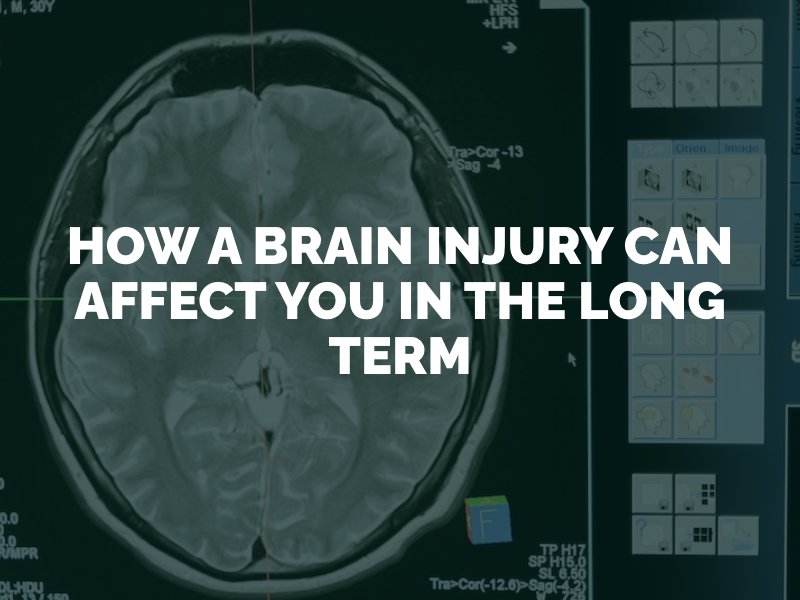The brain and the heart are the two most critically important organs in the human body—and the heart wouldn’t function if the brain didn’t tell it to do so. The brain controls all bodily functions and forms a center for human thought, reasoning, and personality. While the brain has substantial protection through a cushioning layer of fluid and a hard skull, it’s still vulnerable to injuries if the head suffers a severe blow, a powerful jarring, or a penetrating wound.
Each year, about 2.5 million people suffer traumatic brain injuries, making it the leading cause of disability and death for those aged 45 and under. Falls and car accidents are the two leading causes of traumatic brain injuries in the U.S.
Suffering a brain injury in Seattle is traumatic and terrifying for the victim and their loved ones. During the early hours and days, the focus is on the victim’s survival after a serious brain injury, or on their comfort after a mild concussion, but what are the long-term effects of a brain injury?

A traumatic brain injury (TBI) is an injury to the delicate tissue of the brain due to sudden trauma rather than from a disease or medical condition. When the head suffers a blow or a strong shake, the brain bumps against the inside of the skull causing bruising, bleeding, swelling, and/or tearing, all of which result in metabolic changes that irreparably damage the cells, including the neurons responsible for sending messages from the brain to various parts of the body.
Brain injuries range from mild and moderate to severe. Symptoms of a brain injury include headaches, confusion, memory loss, vision changes, speech difficulties, and problems with balance and coordination. Over time and through purposeful rehabilitation, the brain may rewire itself to work around damaged areas and restore function to various degrees. However, the long-term impacts of a serious brain injury can be substantial, with ongoing effects depending on the section of the brain affected. Further, mild brain injuries such as concussions may have a cumulative effect on the brain with impacts later in life when suffered repeatedly.
The way a brain injury impacts the victim in the long term depends on which of the following lobes of the brain sustains an injury:
Injuries in this area of the brain have long-term effects on reasoning, planning, problem-solving, judgment, and impulse control. The injury victim may experience personality changes and behave in ways they wouldn’t have before, including risk-taking or making inappropriate or out-of-context comments.
Injuries in this region affect speech, language understanding, and logic. Injury victims may need speech therapy and rehabilitation.
Injuries to the right side of the brain affect the person’s ability to perform daily routines due to decreased movement control, visual-spatial problems, reduced visual memory, decreased creativity and long-term planning, and a decreased awareness of deficits.
Living with the long-term effects of a brain injury can be difficult. A victim’s ability to earn a living or perform daily routines may suffer. Depending on the severity of the injury and the success of rehabilitation measures, the individual may return to independence or may require assisted living or long-term care.